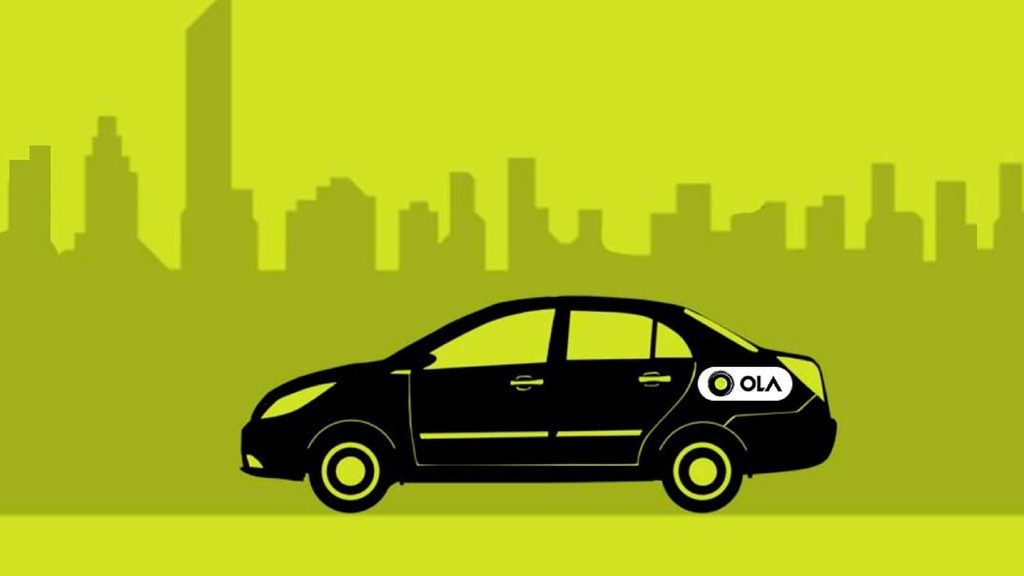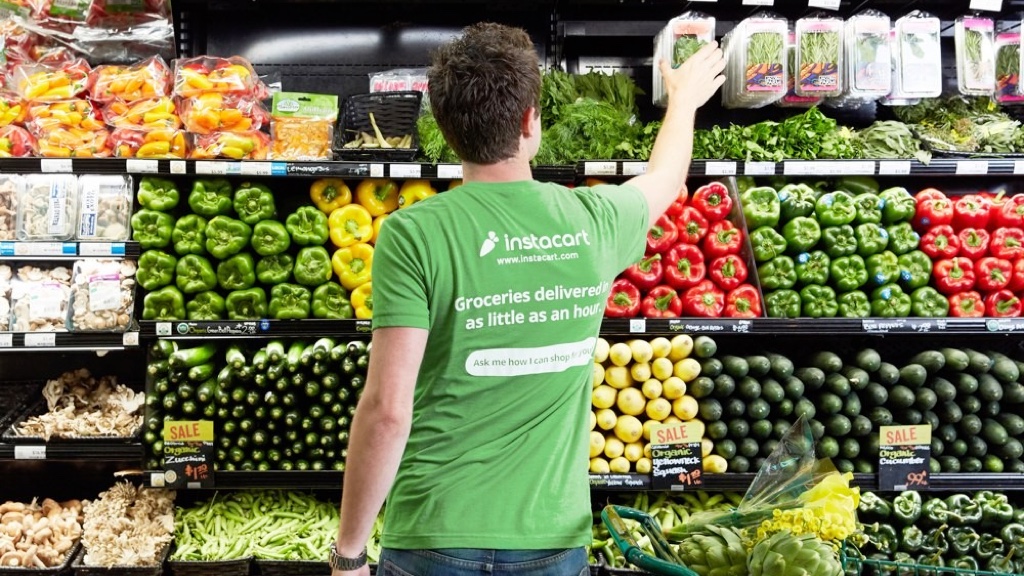Don't miss the chance to work with top 1% of developers.
Sign Up Now and Get FREE CTO-level Consultation.
Confused about your business model?
Request a FREE Business Plan.
Ola – India’s Ride Hailing App is Now Backed by Investors from Dubai – All Set to Expand Internationally

Ola has been on a roll. India’s very own ride hailing company started the year on a high, securing a funding of $ 100 million from Sachin Bansal (The co-founder of Flipkart and one of India’s foremost tech entrepreneurs.) Earlier this month, Ola made headlines yet again – by raising $ 11 million in total, from investors like Jabbar Internet Group, a tech investment firm based in Dubai, DIG investment Ab based in Sweden and Deshe Holdings based in the U.S.
If you look into Ola’s recent investment history, with investors such as SoftBank Group Corp, Tiger Global and Matrix Partners and Tata Sons raising their stake in the online transportation giant, it’s obvious Ola has been busy trying to diversify its investor base.
But that’s not all, Ola also plans to introduce 1 million EVs (electric vehicles) in India by 2021, just became the toughest competitor to UBER in London and looks to have set its sight on the whole world.
But is Ola really ready to take over global transportation scene? Let’s find out!
A brief history of Ola
The Ola app is an excellent example of a top-notch on demand mobile app that incorporates both visual aesthetics and functional efficacy. It offers the users the convenience to hail rides at their current location, pay online using various popular payment options and rate their ride experience. Today, Ola is estimated to be worth about $6.2 billion. But the company’s origins were pretty humble.
Ola was founded in December 2010 and only operated within the city of Mumbai.
In March 2014, Ola acquired TaxiForSure, a transportation company based in Bangaluru for an estimated $200 million.
In November 2014, Ola launched Ola Auto – budget friendly auto rickshaw rides. By the end of the year, Ola auto was running successfully in all the major cities in India, including Chennai, Delhi, Hyderabad and Pune.
In 2017, Ola acquired Food panda, an Indian food delivery company and further diversified its services.
In 2018, Ola financed Vogo, a scooter renting startup, continuing its expansion into newer markets.
By the end of 2018, Ola was running its operations across 169 cities in India, with approximately 1,000,000 vehicles under its wing.
If you look closely at the past, it can give you a clear idea of the future. Ola’s past shows a determined march into uncharted markets and a trend of succeeding in the majority of its undertakings. With that track record, it’s easy to feel positive about Ola’s international success.
Ola’s foray into international waters
According to Accounting and Corporate Regulatory Authority of Singapore, Ola has spent about $60 million on international operations during the past 15 months. And by the end of the current financial year, Ola’s international business is expected to make up more than a third of its total revenue.
Ola’s approach so has been both well planned and well executed.
If you look at the user base and geographical aspects of cities like Auckland, Cardiff, Perth and Sydney, you’ll find they’re about the same size as major Indian cities where Ola has been operating successfully for years. By entering cities like London where Uber has been struggling due to regulatory issues, Ola is making the most of every opportunity open to it.
Presently, Ola is operational in 20 cities outside India, including 3 cities in New Zealand, 7 cities in the United Kingdom and 9 cities in Australia. If the company continues its careful approach in selecting new markets, international growth and success seem inevitable!
Ola’s strategy
Ola’s push into international market isn’t fueled by ambition alone. Ola has already found the formula for generating greater revenue with lesser expenditure in India. Moves like reducing driver incentives, increasing fares where and when possible and launching subscription and values added services on Ola app have been significant contributors to their success.
Continuing to move strategically into international locations where existing transportation services are either struggling or aren’t on top of their game can give Ola a big advantage if they can keep trimming their losses and earning higher revenue. Since a major part of Ola’s operations – from tech to call centers are based in India where the cost of running is more economical than in most other countries, Ola finds itself in a highly advantageous position.
Conclusion
India’s homegrown on-demand ride hailing company is poised to already challenging the biggest international players in a big way. With the brains behind the operations planning every move with utmost care, we can expect Ola to emerge as one of the biggest names in international transportation in the next couple years.
Interested in developing an Ola like app for your very own startup? Reach out to us at Apptunix.com.
Rate this article!
Join 60,000+ Subscribers
Get the weekly updates on the newest brand stories, business models and technology right in your inbox.

Nikhil Bansal is the Founder and CEO of Apptunix, a leading Software Development Company helping startups as well as brands in streamlining their business processes with intuitive and powerful mobile apps. After working in the iOS app development industry for more than 10 years, he is now well-equipped with excellent problem-solving and decision-making techniques.

App Monetization Strategies: How to Make Money From an App?
Your app can draw revenue in many ways. All you need to figure out is suitable strategies that best fit your content, your audience, and your needs. This eGuide will put light on the same.
Download Now!Don't Know Much
About Technology?
Let our experts help you decide the right tech stack for your idea.

















